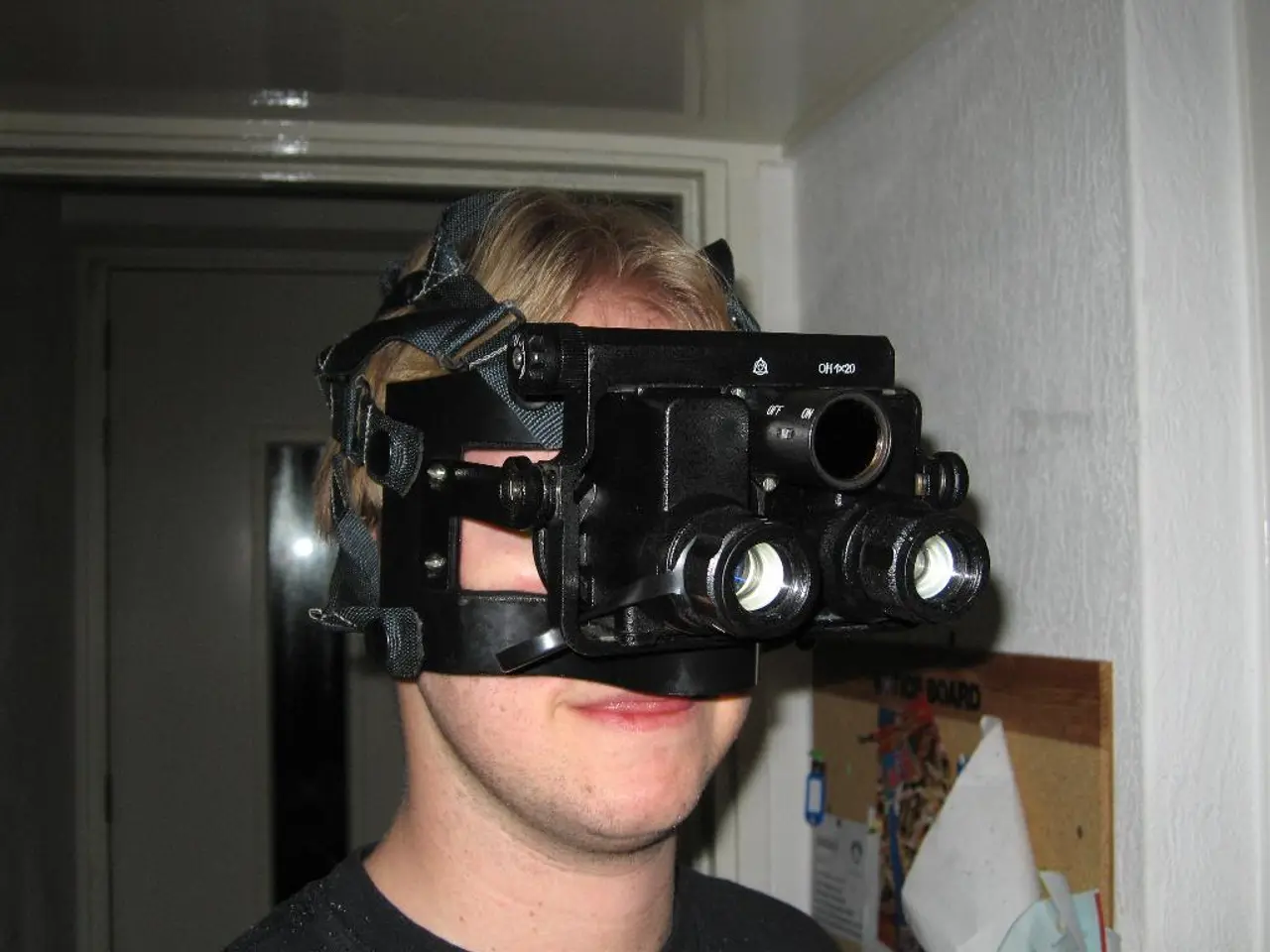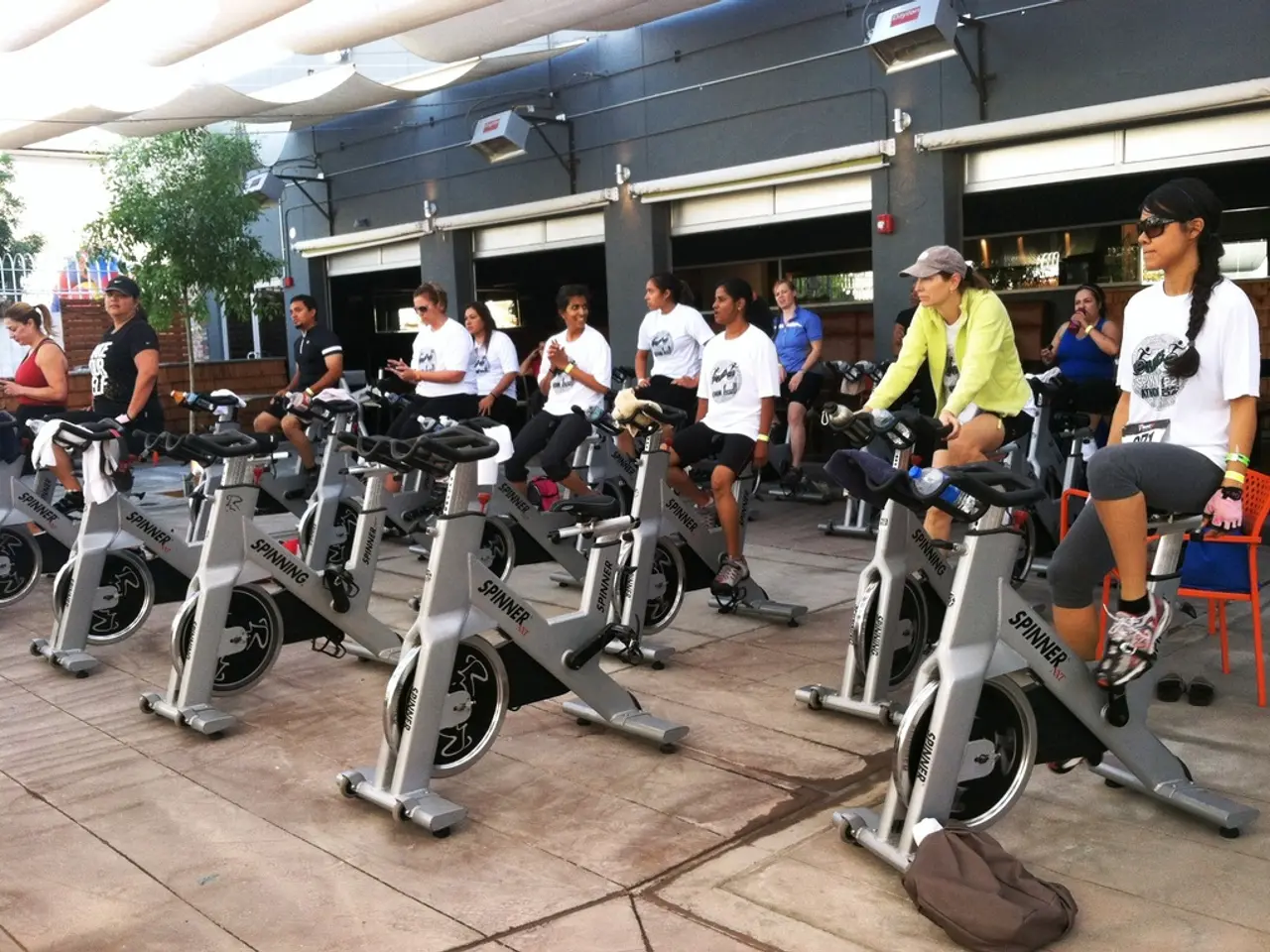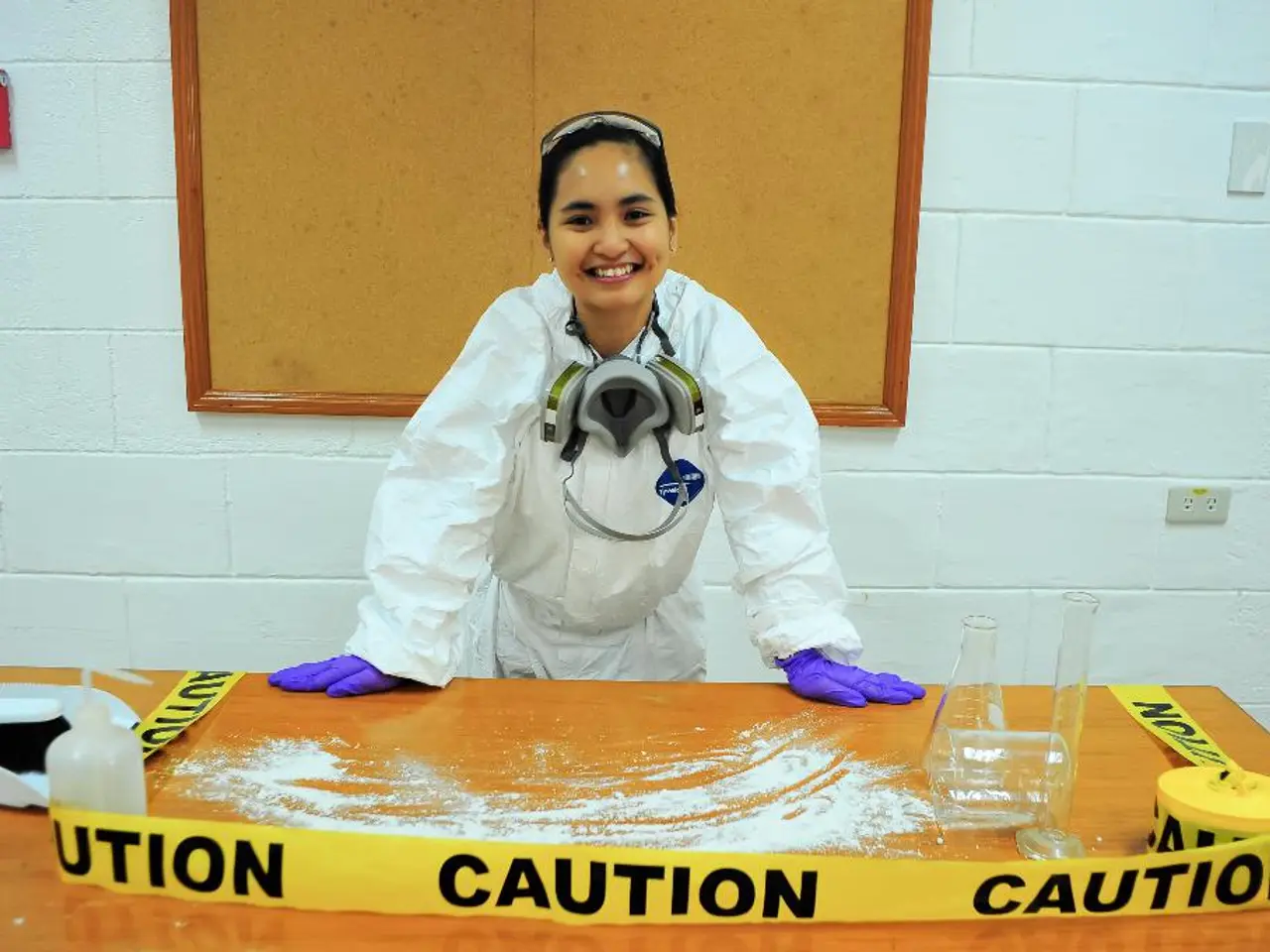Immersive Medical Education: Enhancing Skills, Saving Lives Through Virtual Reality
Leading Virtual Reality Companies Revolutionize Healthcare Training
Virtual reality (VR) is transforming the healthcare sector, and several companies are at the forefront of this revolution. Laerdal Medical, AppliedVR, Warp VR, and WorldViz stand out as leaders in VR training solutions tailored specifically for healthcare professionals and institutions.
Laerdal Medical is renowned for its vrClinicals for Nursing, a VR platform delivering high-quality, repeatable clinical training for nursing education. Built using Unity's real-time development platform, it focuses on immersive healthcare simulation.
AppliedVR, founded on extensive academic research into effective VR use in healthcare, offers immersive therapeutics to help patients prevent and manage chronic pain. Its technology is used by over 200 hospitals and 60,000 patients, showing strong adoption in healthcare settings.
Warp VR, while not a globally recognized VR company, was selected by Catharina Hospital for its user-friendly and immersive training solutions to help healthcare staff practice complex procedures like arterial blood sampling.
WorldViz provides VR products and software for training and collaboration in healthcare and other sectors. Its technology supports creating VR labs used by academic and clinical partners, enhancing research and practical healthcare training.
While companies like Treeview and Trigger are prominent VR developers, their portfolio is more focused on enterprise, entertainment, and brand engagement rather than specialized healthcare training.
Virtual reality training immerses students in simulated medical environments, offering an unparalleled depth of immersive learning. VR rehabilitation apps offer personalized and interactive rehabilitation experiences, accelerating the healing process and contributing positively to patient motivation and engagement.
A VR app designed to replicate the operation of a dialysis machine allows individuals to practice extensively until they achieve mastery, improving their ability to handle medical equipment with precision.
In a Los Angeles hospital, VR is used to divert the attention of young patients during medical procedures, reducing anxiety levels and leading to smoother treatment processes. In Florida's EMS Section, VR is used to train emergency responders specifically for pediatric emergencies, exposing them to hundreds of varied scenarios that closely mimic high-pressure conditions.
Adopting virtual reality training within the healthcare industry significantly advances medical education and professional development. Integrating virtual reality into medical training represents a significant leap forward in the quest to enrich healthcare education and improve patient outcomes through innovative technological solutions.
VR medical training enables medical professionals to practice and perfect their techniques in a risk-free environment, enhancing patient care quality. Studies have shown that 87% of instances examined revealed that practitioners who underwent training via virtual reality platforms demonstrated enhanced operational precision.
Interested parties can contact these companies to discuss their requirements and wishes for VR medical training applications. The hand rehabilitation app developed by these companies provides engaging physical therapy sessions and positive feedback following each achievement.
In summary, the adoption of virtual reality in healthcare training is a cutting-edge approach to enhancing the skill set of professionals within the sector. It offers a safer, more interactive, and more immersive learning experience, ultimately leading to improved patient care and outcomes.
- Laerdal Medical, a leader in VR training solutions, has developed a VR platform, vrClinicals for Nursing, for immersive healthcare simulation in nursing education.
- AppliedVR, founded on academic research, offers VR-based therapeutics for managing chronic pain, used by over 200 hospitals and 60,000 patients.
- Warp VR has been selected by Catharina Hospital due to its user-friendly and immersive training solutions for complex procedures like arterial blood sampling.
- WorldViz, providing software for training and collaboration, supports VR labs used by academic and clinical partners for research and practical healthcare training.
- Virtual reality training creates simulated medical environments for immersive learning, improving patient outcomes through enhanced operational precision (shown in 87% of instances studied).
- Rehabilitation apps developed by these companies offer personalized, interactive rehabilitation experiences, accelerating the healing process and boosting patient motivation.
- A VR app can replicate the operation of a dialysis machine, allowing users to practice extensively and improve their ability to handle medical equipment with precision.
- In healthcare settings, VR is used to reduce anxiety levels and improve treatment processes, such as diverting young patients' attention during medical procedures or training emergency responders for pediatric emergencies.




